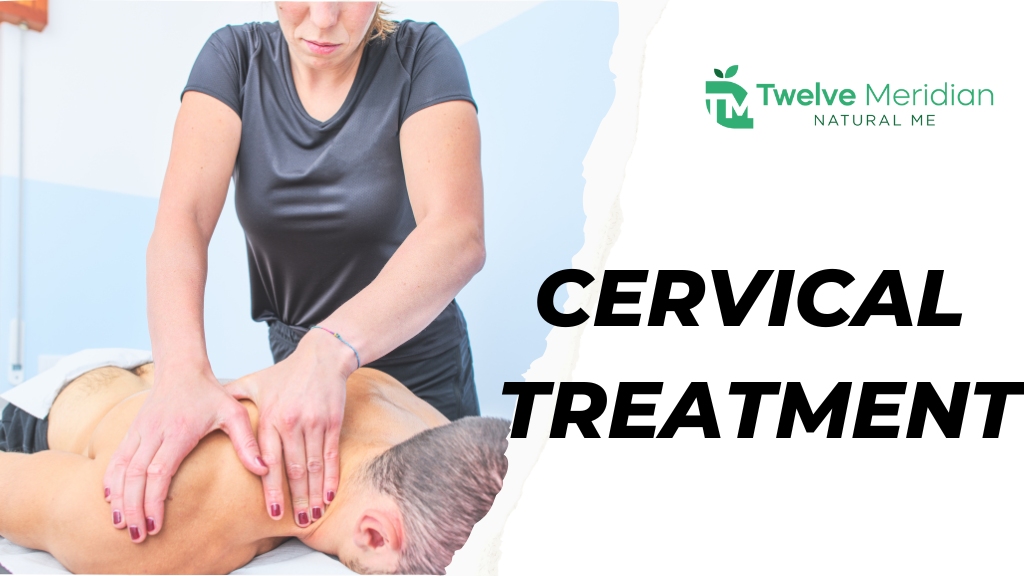Have your shoulders and neck been bothering you lately? Do you feel that your neck is too tight to bear or that your head is a burden on your shoulders? It is very likely that you have Cervical Spondylosis condition, also referred to as cervical spine or, more often, neck cervical.
The word “cervical Spondylosis” refers to age-related damage to your neck’s spinal discs. Degeneration of the ligaments, discs, and vertebrae in the neck region or cervical spine is a symptom of cervical Spondylosis.
The prevalence of cervical spondylosis increases with age. Cervical Spondylosis affects more than 85% of adults over the age of 60.Most persons who have these issues don’t show any symptoms. When symptoms do appear, nonsurgical therapies like Acupressure Therapy can be quite effective and successful.
What causes Cervical Spondylosis Condition?
Your neck and backbone’s bones and cartilage begin to weaken with age due to wear and tear. These alterations could involve:
Dried-up disk
The spinal discs act as cushioning between your spine’s vertebrae. Most people’s spinal discs start drying up and shrinking by the time they are 40, which increase the amount of bone-on-bone friction between the vertebrae.
Disk herniation
Your spinal discs’ exterior is also impacted by age. Cracks frequently develop and result in bulging (herniated) disks, which can occasionally irritate the spinal cord and nerve roots.
Bone growth
In a misguided attempt to strengthen the spine, disc degeneration frequently causes the spine to produce excessive amounts of bone. The spinal cord alongside nerve roots may occasionally become irritated by these bone spurs.
Rigid ligaments
Ligaments are tissue strands that join one bone to another. With time, spinal ligaments might harden, reducing the flexibility of your neck.
Symptoms of cervical spondylosis
- Neck discomfort and stiffness
- Neck pain that could be the source of a headache
- Pain in the arms or shoulders
- Difficulty to completely rotate the head or flex the neck, which can occasionally make driving difficult
- As the neck is rotated, a grinding sound or sensation is felt.
- Headache
- Palpitation
- Nausea
- Discomfort in the GI tract or abdomen
- Memory issues
- Fuzzy vision
With rest, cervical spondylosis symptoms typically get better. The morning and final hours of the day are when symptoms are the worst. If you are seeking Cervical Treatment in Noida, feel free to contact Twelve Meridian and receive the best care as per your condition. If neck discomfort is not treated, it can interfere with everyday activities and lower quality of life. Neck pain typically subsides after a few days and is not worrisome. Neck pain, though, might occasionally signify a serious injury that necessitates medical attention. Consult a doctor, who will conduct tests if symptoms last longer than a week.



